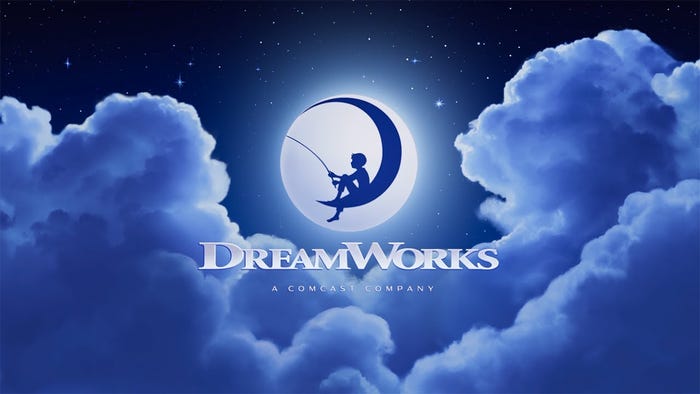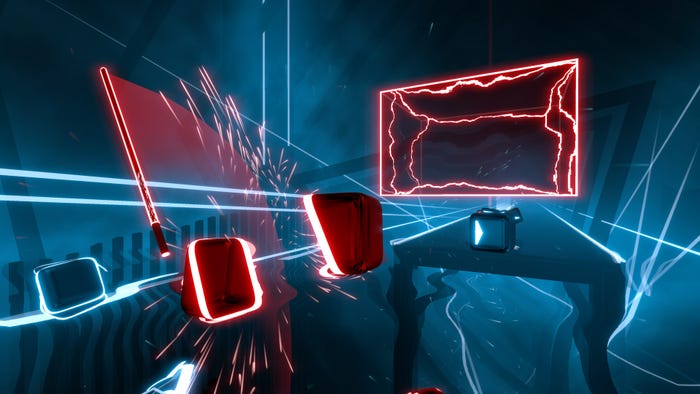Localization strategies to take on the game-playing world
For Developers, reaching a global audience is often the key to success. We asked entrants into our Unsung Heroes Competition* about their strategies for world domination and how they go about localizing games for different markets.

Sean Yearwood points out that the US is a challenge. Without a big marketing budget, it’s tough to get to the top. The secret for him may be to find easier markets and use those as a gateway into the rest of the world.
“Pick an area of the world and focus on getting on the top of that app store,” he says. “Being #1 in (let’s say) France might help your chances of being featured in another country’s app store.”
Language is often the barrier to reaching a wider audience. Robert Pitman’s game is already translated into French and Chinese is under way.
“Breaking the US app store (something most companies attempt) is extremely hard without using paid acquisitions,” he says. “But with growing markets such as Asia and Latin America, there are still opportunities for great success considering the size of these untapped markets in terms of users.”
Nikki Boshoff agrees but points out the big limitations: “We would love to be able to give back to those fans by providing the game in their own language (which would be the only change necessary), but it really is a question of time and money.”
You can also find new audiences by creating game content specifically around local markets. Amit Goyal’s game is based on cricket, a sport that’s big in only a dozen or so countries, so you would think that might limit his market. But by adding new teams, he is able to generate local interest in the game.
“We already have the teams that played in the recent Cricket World Cup in Australia,” he says. “Next, the plan is to introduce countries where cricket has some following and the local league teams. We can introduce popular cultural icons from different countries into the game.”
Nicole Stark says localizing your game is super important. “Our game is pretty narrative heavy,” she says, “but we'd love to localise it.”
Games with textual narrative are often the hardest to localise because of translation costs. One answer is to think about a global audience right at the start of development. This is the approach Stephen Woodcock took.
“The game has very little text in it,” he says. “Instead, I’ve tried to use self-explanatory icons. It seemed to work as it was starting to do well in Asian countries.”
You can find out more about all the games entered into the Unsung Heroes Competition* at https://www.facebook.com/UnsungHeroesSG. Thanks to the developers who responded to our shout out about localization on Facebook. The contributors to this article (with their Unsung Heroes games shown in italics) were:
Sean Yearwood, Slyon Studios, Diesel Drag Racing, https://play.google.com/store/apps/details?id=com.SlyonStudios.DieselDragRacing
Robert Pitman, MAROBI Entertainment, A-Maze-In, https://itunes.apple.com/us/app/a-maze-in/id837651901?mt=8
Amit Goyal, SuperSike Games, One More Run: Cricket Fever, https://play.google.com/store/apps/details?id=com.supersike.omar
Niki Boshoff, RetroEpic Software, A Day In The Woods, https://itunes.apple.com/za/app/id971018854?mt=8
Nicole Stark, Run Fatty Run, https://play.google.com/store/apps/details?id=com.darkdarkhouse.runfattyrun&hl=en
Stephen Woodcock, Days Element, Balloon Escape, https://play.google.com/store/apps/details?id=com.DaysElement.BalloonEscape
* Spil Games has been running a competition for developers called Unsung Heroes to find the next great game. There are hundreds of awesome games out there that people don’t know about. Many are as good to play (or better) than the top-ranked games, they just haven’t received the attention they deserve because they haven’t had millions spent on their marketing.
Over 300 games were entered in the competition which is now closed. A shortlist of the best entries will be produced during July, and Spil Games will ask the game-playing public to comment and vote on those games to help decide which should be the winner. The developer of the best game will win a publishing contract with Spil Games worth $50k (subject to terms and conditions).
Read more about:
BlogsAbout the Author(s)
You May Also Like













